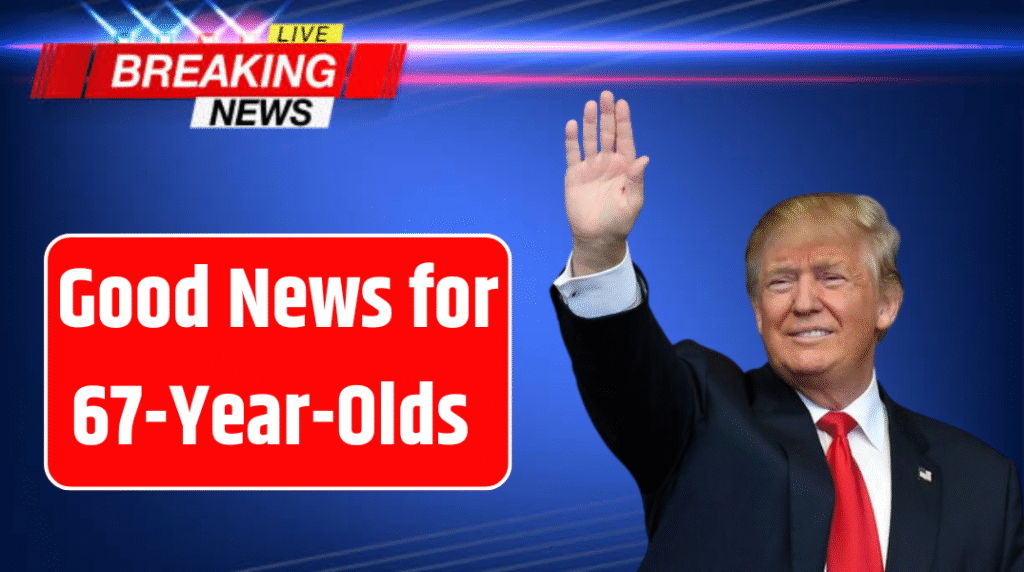Some seniors, including those aged 67, are set to receive their Social Security retirement payments this June—but only if they meet specific eligibility rules related to their birth date and when they started collecting benefits.
If you receive Supplemental Security Income (SSI), you won’t be eligible for the June 18 or June 25 payments. Likewise, if your retirement benefits started before May 1997, you’ve already received your June check and won’t be included in the upcoming disbursements.
June Payment Dates for 67-Year-Old Retirees
To determine when your next Social Security check is coming, refer to your birth date and the date you began receiving retirement benefits:
-
Born between the 11th and 20th? You’ll get your June payment on June 18, 2025.
-
Born between the 21st and 31st? Your direct deposit or check will arrive on June 25, 2025.
-
Born between the 1st and 10th? Your payment will come later, on July 9, 2025.
-
Started collecting before May 1997 or receive both SSI and retirement benefits? You’ll get your Social Security payment on July 3, 2025 instead.
These dates are based on the SSA’s staggered monthly payment system to manage distribution efficiently.
Average Payment at Age 67
As of May 2025, the average benefit for all retired workers is $2,002. For 67-year-olds specifically, data from December 2024 shows the average monthly benefit is $1,929.73.
Here’s how it breaks down by gender:
-
Men (age 67): $2,142.78
-
Women (age 67): $1,719.20
The $423 gap reflects lifetime earnings differences, work history, and filing age, which all influence your monthly benefit.
Can You Get the Maximum Social Security Benefit?
While the average check is under $2,000, the maximum monthly payment in 2025 can reach $4,018. To qualify, you must:
-
Retire at Full Retirement Age (67) if born in 1960 or later
-
Work for at least 35 years
-
Earn at or above the Social Security taxable maximum throughout those years
-
Consistently pay into Social Security via payroll taxes
Stay Eligible and Consider SSI if Needed
Social Security benefits come with conditions. If your circumstances change or you violate SSA rules, your payments could be paused or stopped. If your retirement benefit is too low, consider applying for Supplemental Security Income (SSI) to boost your monthly income.
Always review your eligibility and ensure your information is up to date with the Social Security Administration (SSA) to avoid missed payments or complications.



